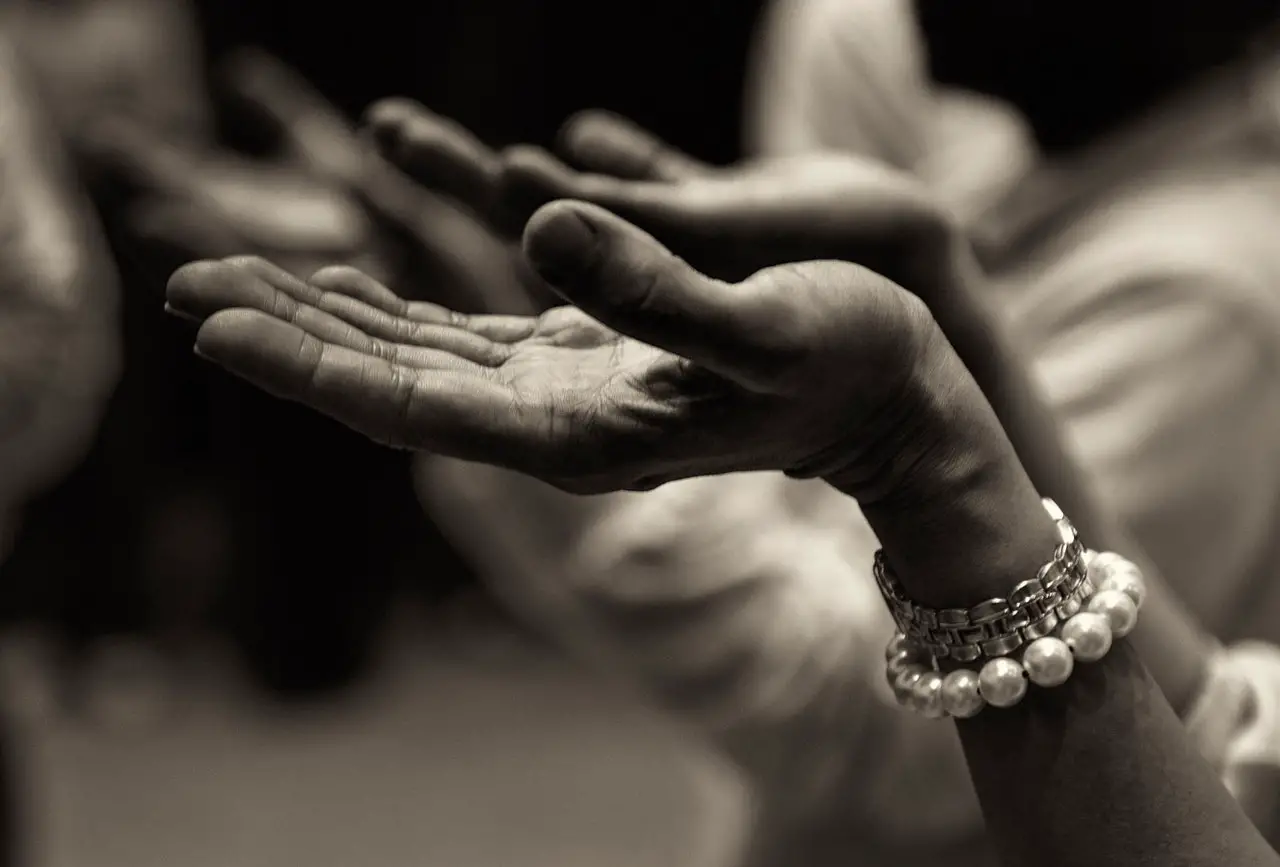The more critical thinking skills you have, the less religious beliefs you have. It has been found that those who think critically are far less religious than those who think intuitively.
While critical thinking skills weaken faith, they are not enough to destroy faith entirely. Therefore, we can encourage critical thinking without worrying about destroying anyone’s faith.
This article discusses the connection between critical thinking and religion.
Rational thinking vs. intuition
Our brains have two modes of thinking: rational thinking and intuition. This is why intelligent people believe in concepts with no proof.
Those who rely more on intuition than rationality are more likely to believe in God. Those who are more likely to stop and reason out their thoughts before they react are less likely to be religious.
Encouraging people to think more intuitively causes people to become more faithful. Conversely, putting people in a critical thinking state of mind discourages faith.
Most people today are intuitive thinkers. That is why the majority of people still believe in God. The way of thinking we have is innate, carried down. It is much more difficult to slow down and think logically rather than rely on rules of thumb and instincts that have been a significant part of our upbringing and culture.
The connection between critical/rational thinking and faith
There is a strong connection between rational thinking and the lack of faith. The tendency to think rationally causes religious doubt. Studies have shown that when people are put in a critical/rational thinking state of mind, they will answer religious survey questions more doubtfully.


Critical thinking and faith are debated between science and religion because faith, or blind acceptance, is the direct opposite of critical reflection. There can never be reconciliation between these two concepts. Science relies on evidence and proof. Faith disregards these, does not allow questions, and ignores contrary evidence and contradictions.
Research has concluded that those who demonstrate high levels of paranormal belief have poor critical thinking skills. Going further with this idea, another study found that high levels of religious orientation can predict poor critical thinking performance (Kirby, Matthew, “The Impact of Religious Schema on Critical Thinking Skills” (2008)).
Research on the brain has found that those with spiritual beliefs suppress their analytical thinking brain network to engage an empathetic thinking network. The opposite is true for non-religious people.
Does critical thinking make you lose faith?
In short, yes. As critical and analytical thinking rises, religious beliefs drop. Rational thinking makes us more prone to skepticism. The same concept applies not only to religious faith, but also belief in ESP and ghosts.
When we think rationally, we start to question basic assumptions. This includes more than just religion. Some critical thinking concepts are not skeptical or doubtful of religious beliefs. Sometimes, thinking critically can give you a better understanding of your religion.
From an analytical, rational point of view, the concept of faith is irrational and illogical. It is only by pushing aside this way of thinking that we can believe in supernatural concepts. Non-believers believe that our knowledge of the world and universe should not be told to us by religion. It is science’s job to inform us about the physical structure of our world and existence.
The majority of believers have been brought up in their religion. It is part of their culture. Analytical thinking causes us to override our intuition and what our upbringing tells us to believe. Our faith and beliefs can change drastically in different situations, even if we don’t understand why.
Critical and rational thinking is not the only thing that causes people to disregard their religious beliefs. Discovering contrary evidence and becoming more informed about religions also causes people to disregard faith.
Becoming informed about religion
It has been found that atheists constitute the majority of those who are best informed about religion. This means that the more you learn about religion, the less faith you’ll have.
Atheists and agnostics (those who neither believe nor disbelieve in God) are more likely to be informed about religion than firm believers. Atheists and agnostics answered more questions correctly on a survey about religion than believers in religion. They are also more knowledgeable about topics other than religion compared to Christians in the United States.
A US Religious Knowledge survey found that atheists and agnostics know more about the Bible than both Protestants and Catholics. This shows that it is not just critical/rational thinking that causes people to disregard faith. Becoming more knowledgeable about religion increases skepticism.
The fact that atheists and agnostics are more educated on religious matters than faithful believers indicates that people believe in religion for social reasons, not because they truly understand what they are taught to believe. It also shows that atheists are an effect of religious knowledge, not a lack of religious knowledge.
Faith vs. Proof
For those who do have faith, lack of proof does not matter. Most religious people do not reflect on their faith from an intellectual point of view. Most believers live with their faith without thinking twice about it.
Despite the studies and research that has been done on religion and the brain patterns of those who believe, nothing can disprove the existence of God. While findings have shown that a certain type of person is more or less likely to believe, these findings could never prove or disprove religious truths.
Overall, critical thinking negatively impacts faith. That is because faith teaches us that we should blindly accept religious concepts without question, while critical thinking teaches us to slow down and think rationally and logically.
The amount of religious believers has been steadily declining for centuries and has reached an all-time low. The most likely reason for this is the increase in education available to the common person and critical thinking skills among the public.
Declining religious rates signify that we are becoming a more modern, mature, sophisticated, and educated society. People today believe that being religious doesn’t make you ethical or righteous. These moral concepts are innate in our minds. They are not taught by religion exclusively. Therefore, we can teach critical thinking skills without worrying about declining rates of religious believers.





